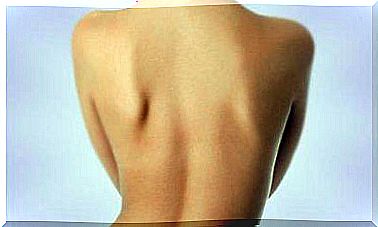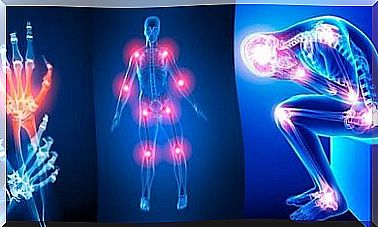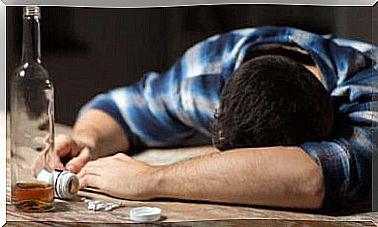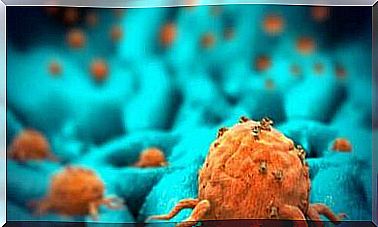The Basics Of Broken Heart Syndrome
Broken heart syndrome is more common in postmenopausal women who do not smoke and have normal cholesterol and sugar levels as well as normal blood pressure . It is triggered by an intense emotional shock.
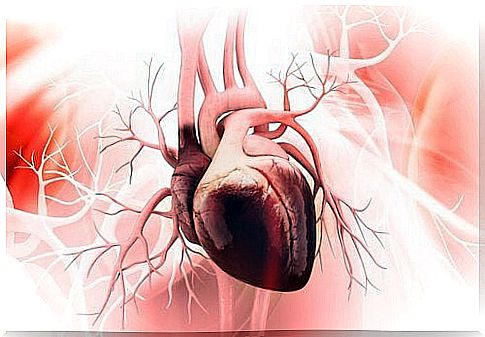
Broken heart syndrome was first described in 1990. This disease is also known as Takotsubo syndrome. It is a heart disease linked to our emotions.
In 85% of cases this disease is triggered following an emotional event or a situation of intense stress. The reaction to the heart after this shock occurs several minutes or hours later.
This heart disease is very common in women, but it is not fatal. However, it does involve spending a few days in intensive care. In the majority of cases, the patients recover.
It is still “a warning”, a reaction from our heart that tells us that there is something that we are not doing right. Find out more here!
Broken heart syndrome and myocardial infarction: similarities and differences
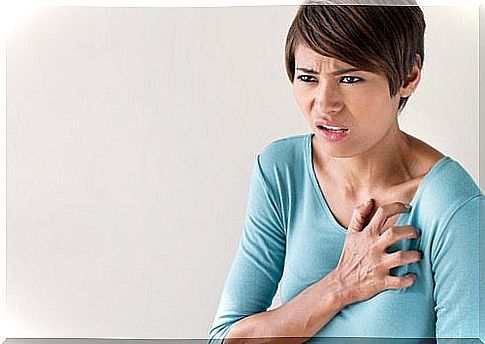
Broken heart syndrome or Takotsubo is a cardiomyopathy that appears suddenly and unpredictably.
The symptoms are usually the following:
- severe pain in the chest
- difficulty breathing (shortness of breath)
The majority of patients arrive at the emergency room convinced they are having a heart attack. Medical analyzes have the same characteristics as a myocardial infarction, both concerning biochemical analyzes and the electrocardiogram.
However, patients’ coronary arteries are healthy and free from abnormalities, which gives a first clue to differentiate this disease from heart attack.
It should be borne in mind that often, even for physicians themselves, differentiating one clinical setting from another is a challenge. This is why the patient is usually sent to intensive care for all his vital signs to be measured.
A safe way to diagnose broken heart syndrome is to take an x-ray: if the patient has this syndrome, there will be a small abnormality in the left ventricle.
What exactly is broken heart syndrome?
Broken heart syndrome is a stress-induced cardiomyopathy. This disease was first discovered in Japan and was named after a type of pot used by fishermen, the Tako-Tsubo, which was a little rounded and with a narrow neck.
The heart of patients with this disease has a similar shape.
Following an emotional shock, bad news, a strong disappointment or a situation of intense stress, our heart undergoes a slight modification at the level of the left ventricle.
This change in the structure of the heart is due to an inordinate release of catecholamines which are substances similar to adrenaline which, in very high doses, have a “toxic” effect on the heart. We suffer from tachycardias, chest pain, shortness of breath, nausea, sweating, increased blood pressure …
All of this biochemical shock will change the heart muscle, but this variation in the left ventricle will be temporary.
Mortality is very low: barely 5%. People with complications have pre-existing illnesses or are elderly. However, usually you have to spend a few days in the hospital and recover within a few weeks.
Women and broken heart syndrome
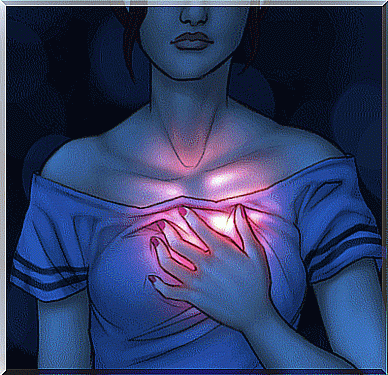
Broken heart syndrome has been shown to be more common in women between the ages of 50 and 65, according to numerous population and gender studies .
The incidence in men is less than 10%.
According to the Fundación española del corazón (Spanish Heart Foundation), women at highest risk for broken heart syndrome are postmenopausal, non-smoker women with normal blood pressure and cholesterol and sugar levels.
These are usually women with a very active life who, at some point, experience an intense emotional shock : the death of a family member , the diagnosis of a serious illness, an emotional problem, a level of family stress. Student…
Doctors remind us of the importance of managing these complex situations that life imposes on us in the best possible way.
Although it seems easier said than done, it is necessary to avoid getting overwhelmed by our emotions to the point of losing control. It is in this situation that the brain reacts and causes this release of catecholamines which directly affect the heart.


